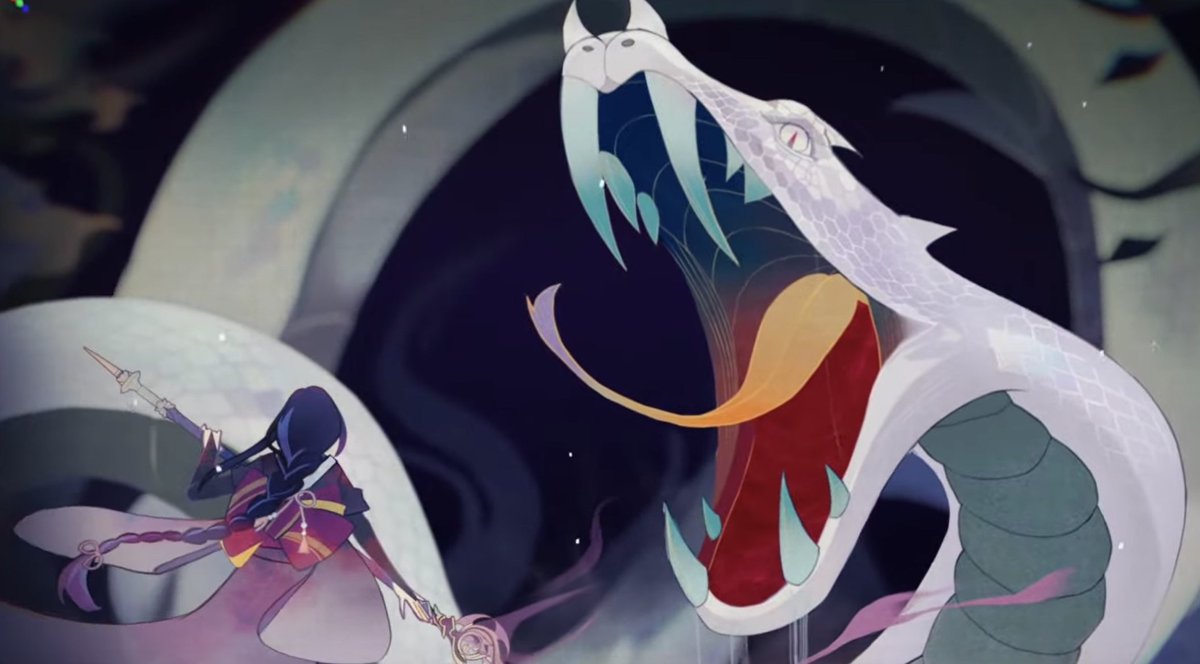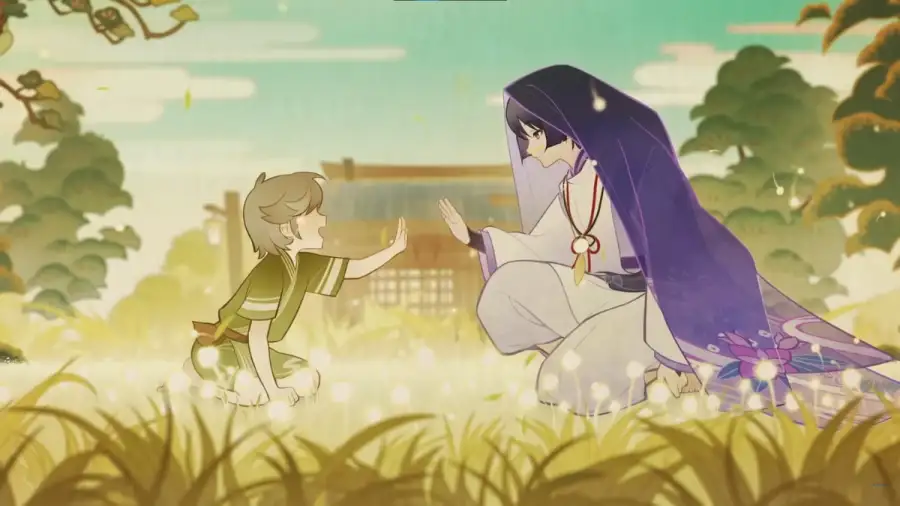For Raiden Ei and Makoto birthdays, I bring you a cultural thread I wanted to post long ago before disappearing into my assignments again.
🌸Cultural references of the Japanese Three Sacred Treasures in Genshin Impact🌸


🌸Cultural references of the Japanese Three Sacred Treasures in Genshin Impact🌸


Disclaimers:
—I'm an Asian Studies student centered in Japan culture and history. My knowledge comes from that and research from Internet ofc
—Feel free to QRT with your opinions as long it's respectful
—This is a theory, as I don't work for HYV neither it's acknowledge from them
—I'm an Asian Studies student centered in Japan culture and history. My knowledge comes from that and research from Internet ofc
—Feel free to QRT with your opinions as long it's respectful
—This is a theory, as I don't work for HYV neither it's acknowledge from them

Let's start as always with a bit of history. What are the Three Sacred Treasures? Well, they are related with Amaterasu, the Sun Goddess, and the Imperial Line of Japan (which is said to be her descendants). Long story short, it's a symbol of divinity and imperial power. 

Basically it's a regalia from Amaterasu to his descendant Ninigi, send to pacify Japan and considered the forefather of Japan Imperial Line (started with Jinmu, the first emperor, who acquired them as well). It consists of a mirror, a sword and a jewel in the form of a magatama 

Each regalia has their own story, of course! But I am trying to make this short, so I will tell you each one represents a virtue. Kusanagi no Tsurugi (sword-valor), Yata no Kagami (mirror-wisdom/honesty), and Yasakani no Magatama (jade-benevolence).
A curiosity about them is that you probably can't tell the first one is a mirror if you're used to "modern" mirrors (15th Century i.e) but they were indeed bronze mirrors! Polished in a part and decorated in the back! Mirror as well in Japan had great importance in ancient times 

(In Japan and East Asia in fact, but that's a longer history)
So what you are wondering is, how are they depicted in Genshin Impact?
Well, as you well know, Raiden Ei's constelation is depicted as "Imperatrix Umbrosa" in English, Latin for "Shadow Empress".
So what you are wondering is, how are they depicted in Genshin Impact?
Well, as you well know, Raiden Ei's constelation is depicted as "Imperatrix Umbrosa" in English, Latin for "Shadow Empress".

She says she was a shadow (of Makoto, her sister). This analogy always made me wonder if we can consider Makoto also as a sun (who produces a shadow-Ei) but I will leave it at interpretation. What matters to me here is that she is depicted more as "empress" even being "shogun"








Inazuma is based on Edo period, if we go more into detail, in Bakumatsu period (end of Edo, starting of Meiji) but there are no distinction between Imperial and Shogunate power as there was in real Japan by that time. So we can assume Ei is both shogun and empress in Inazuma. 

Therefore, is only natural she has the three regalia. And indeed, she does have one! The Kusanagi no Tsurugi in English will be "grass-cutting sword". Do you remember her spear?
In Japanese, is 草薙の稲光 (Kusanagi no Inabikari). This is also why I think Makoto could be the sun


In Japanese, is 草薙の稲光 (Kusanagi no Inabikari). This is also why I think Makoto could be the sun


She does say that her sword, used in her Q, is originally Makoto's weapon Mussou Isshin (and the regalia is a sword). Therefore this regalia could have been passed from Makoto to Ei as Amaterasu did. Also OG sword is said to have been used against Orochi, an 8-headed serpent 👀








We can find in Yae Miko's design a magatama in a necklace hidden in her hair. Also, it's in a necklace, and the name of the jewel 八尺瓊勾玉 (Yasakani no Magatama), Yasakani literally means “eight-foot jewel”, but magatamas were never that size, so probably was part of a necklace 

Also, maybe just a coincidence, but Yae Miko's kanji (八重神子) has the number eight as Yasakani.
And the last one, the mirror? Well, it can be attributed to Scaramouche/Wanderer. If you remember his drops as boss, one of the three he gives you is, indeed, a mirror.


And the last one, the mirror? Well, it can be attributed to Scaramouche/Wanderer. If you remember his drops as boss, one of the three he gives you is, indeed, a mirror.


So, in the conclusion I reach, the three regalia are distributed between the three most important people related with Ei: her sister Makoto (from which she inherited the sword, but we can argue Raiden Shogun puppet as she also had it), Yae Miko and Kabukimono/Scaramouche.








Do their virtues have something to do with them? Well, Raiden Ei is shown as a brave soldier, and Scaramouche/Wanderer is now in... the very nation of wisdom. As for Yae Miko and benevolence, we can safely say she has shown benevolence with the Kamisatos and Kabukimono's problem








End of the thread! Let me know if you have something to add and I will be glad to link it below! I hope you liked it!
• • •
Missing some Tweet in this thread? You can try to
force a refresh




